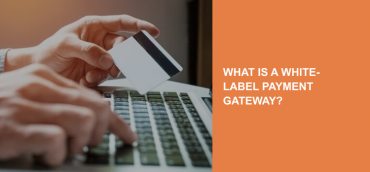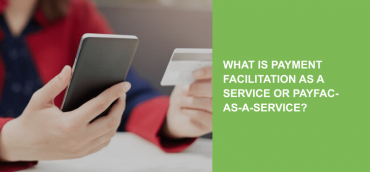The rapid shift towards digitalization in the new black of 2020. No wonder that cryptocurrency is rising to prominence. As tech-lovers and hype-hunters, we can’t miss such an event. Here is a guide to businesses that sell goods/services for regular currency (aka dollars, euro), and wish to accept Bitcoin as a payment method. We also discuss whether it is legal and ethical to conduct crypto transactions, and disclose taxes implied on income received through Bitcoin.
What is Bitcoin?
Bitcoin, the first cryptocurrency, is a decentralized form of digital cash that removes the need for traditional mediators like banks and governments to process the payment.
Today, some governments and authorities have formally recognized Bitcoin as a “currency.” Yet, accepting Bitcoin is no different than receiving payment in cash, gold, scrip, gift cards, or foreign currency.
What are the benefits of Bitcoin as a payment method?
- No chargebacks. No chargebacks or refunds make cryptocurrency a very appealing payment method for businesses. When a client can’t even apply for a chargeback, your chargeback ratio won’t be able to skyrocket no matter how bad your services are.
- Low transaction fees. Unlike credit card payments, the cryptocurrency transaction fees do not depend on a percentage out of the sum. As a result, they are much more affordable. As for 2019, cryptocurrency transaction fees are the lowest on the market.
What are the disadvantages of Bitcoin as a payment method?
- Redirection at the checkout. With cryptocurrency payments, customers are inevitably redirected to their digital wallets. That eliminates the chances of repeated purchases. Unfortunately, crypto payments inside merchants’ websites are not available today.
- Fluctuation. The exchange rate of FIAT tends to vary and might change unexpectedly. Hence, you are likely to lose money when doing the payout of crypto in euro or dollars.
What are the taxes implied on merchants that accept Bitcoin payments?
Even though thousands of merchants worldwide were accepting Bitcoin (BTC) in 2019, there is a lot of confusion around paying taxes for cryptocurrency sales. The deal is, different countries have different regulations on Bitcoin. Some of them, like Portugal and France, are friendly towards a new asset, while others, like the U.S. and U.K, remain conservative. Regulations also differ from one business niche to another. Some countries have different tax rules for self-employers, companies, corporations, and small businesses that accept Bitcoin.
All in all, accepting cryptocurrency is legal, ethical and does imply paying taxes. Wondering what kinds of fees and taxes your business face once embracing Bitcoin? Don’t waste time googling. Drop a line to get a detailed consultation from our payment experts.
How to start accepting Bitcoin for online business
- Create a Bitcoin wallet. Just like you open a bank account to accept credit card payments, you need a crypto wallet to accept Bitcoin. The latter acts as the address where customers send their money to.
- Accept Bitcoin on your own. There are two ways to offer Bitcoin without a third party. First, is to provide manual payment directly to your wallet. To do so, you need to provide customers with either a public key or a QR-code. Then, a customer will be able to transfer funds from his crypto wallets to yours by manually scanning a QR-code or entering your crypto wallet address.
- Reach out to a PSP. PSP is a payment system provider. Such companies help merchants to start accepting any payment online. The majority of them do not support crypto, but some of them do. We, at Ikajo, can help you to start accepting Bitcoin quickly and hassle-free. When is it better to reach out to the PSP for help? When your sales volumes are high, and the majority of your clients prefer crypto as a payment method.
List of documents to start accepting cryptocurrency payments.
Once you’ve decided to reach out to PSP so as to offer crypto as your payment option, there are few steps to make. First, you need to contact your PSP directly and ask whether they have such an opportunity. If you haven’t found a PSP yet, you need to find a trusted one (for example us) and open a merchant account.
Here is a list of documents to open a merchant account and start accepting crypto:
- Certificate of incorporation. The paper shows the main aspects of company formation. It usually includes legal address, name, and type of the corporation.
- Certificate of incumbency (or equivalent). The document holds the information about the company’s owners – their names and positions they occupy.
- Passports’ copies of all company owners and officers with their signatures. The scanned copies of directors & officers’ passports.
- Application. Usually, it is an online form on a PSP’s website.
- The processing history. Different PSPs have different requirements. However, high-risk business owners always need to provide at least six months of processing history.
- License. Attach a license issued by your country’s responsible body.
- Turnover. Clarify your turnover amount so that the payment processor connects you to the most appropriate bank.
Though being an early mover is not an easy task, why wasste time? The COVID-19 is reshaping the digital landscape and cryptocurrency is becoming a new player in the world economy. Start accepting crypto.






